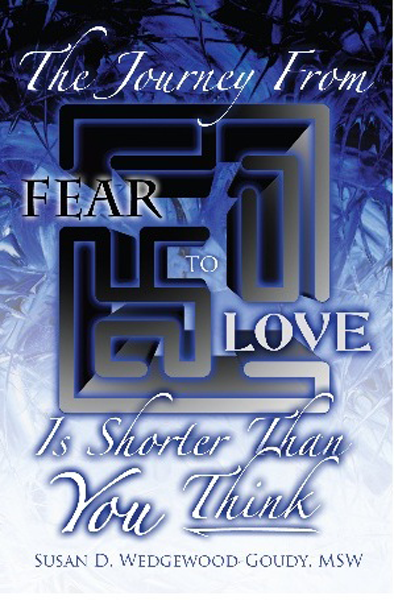What is Drama Trauma?
According to Oxford Languages the definition of trauma is “a deeply distressing or disturbing experience, “a personal trauma like the death of a child”.
It appears the word trauma has become the “go-to” word to describe any upsetting experience. By using the word trauma regarding anything troubling, drama is created around all these circumstances whether they are truly traumatizing or not. As stated by Elyssa Barbash in an article from March 21, 2019 titled Misuse Of The Word Trauma To Describe An Experience, “Trauma is a word that is reserved for experiences that are, in fact, distressing or disturbing, however, there is also the necessary component that the amount of stress experienced exceeds the person’s ability to cope, as well as the experience being a threat to the person’s life, bodily integrity, or ego integrity.” By using the word trauma so often to explain events that are unsettling or uncomfortable but not truly traumatic, feelings of hopelessness or an inability to cope are experienced and people become victims. The drama of the so-called trauma takes over. In an article titled The problem with describing every misfortune as ‘trauma’ By Nick Haslam of the Washington Post on Aug 15, 2016 “When we describe misfortune, sadness or even pain as trauma, we redefine our experience. Using the word “trauma” turns every event into a catastrophe, leaving us helpless, broken and unable to move on.”
The definition of drama according to Oxford Languages is “an exciting, emotional, or unexpected series of events or set of circumstances.” You can see if trauma is used to describe any disturbing experience and it turns every event into a catastrophe, it makes something that is not a trauma into complete drama. The experience becomes more exciting and very emotional by using the term trauma. In other words, it becomes “trauma drama”. As Nick Haslam states “Trauma is a way to explain life’s problems as someone else’s fault.” This creates victimhood.
The following study illustrates clearly why the words we use to explain our experiences are significantly important. “Our choice of language matters. A famous study by cognitive psychologist Elizabeth Loftus illustrates why. Loftus showed people films of traffic accidents and asked them to judge the speed of the cars involved, using subtly varying instructions. Different study participants were asked how fast the cars were going when they “smashed,” “collided,” “bumped,” “hit” or “contacted” each other. Despite watching the very same collisions, people judged the cars to be traveling 28 percent faster when they were described as “smashing” rather than “contacting. To define all adversities as traumas is akin to seeing all collisions as smashes. People collide with misfortune all the time: Sometimes it smashes them, but often they merely make contact.” Nick Haslam of the Washington Post on Aug 15, 2016
The word trauma used to describe minor distressing experiences rather than accurately traumatic events is referred to as concept creeping. “As the concept of trauma stretches to encompass less extreme experiences, the tendency to interpreting marginal or ambiguous events as traumas is apt to promote hopelessness, submission, and passivity in response to challenges that might be overcome better if placed in a different interpretive frame. This tendency for trauma explanations to promote chronic identities that emphasize brokenness and victimhood is magnified by the way trauma now often confers political legitimacy and moral virtue on the traumatized.” The creeping concept of trauma, November 2020, social research 87(3):509–53, Project: Concept creep by Nick Haslam and Melanie Joy McGrath
It is important that we feel comfortable sharing our sad or painful experiences but it is also imperative we feel hopeful, strong and powerful enough to recover, heal and move forward from unpleasant experiences. If trauma continues to be used to describe any and all disturbing events which are not truly traumatic, people will become paralyzed and unable to move forward from minor upsets. They will become powerless and not have the ability to cope. The drama of trauma needs to end so people can take their power back and move on. Mere sadness or misfortune should not cause brokenness or victimhood.
Avoid trauma drama and stay strong, powerful, and capable of moving forward after an unsettling time. Embrace your power!
Until next time,
Susan









No Comments